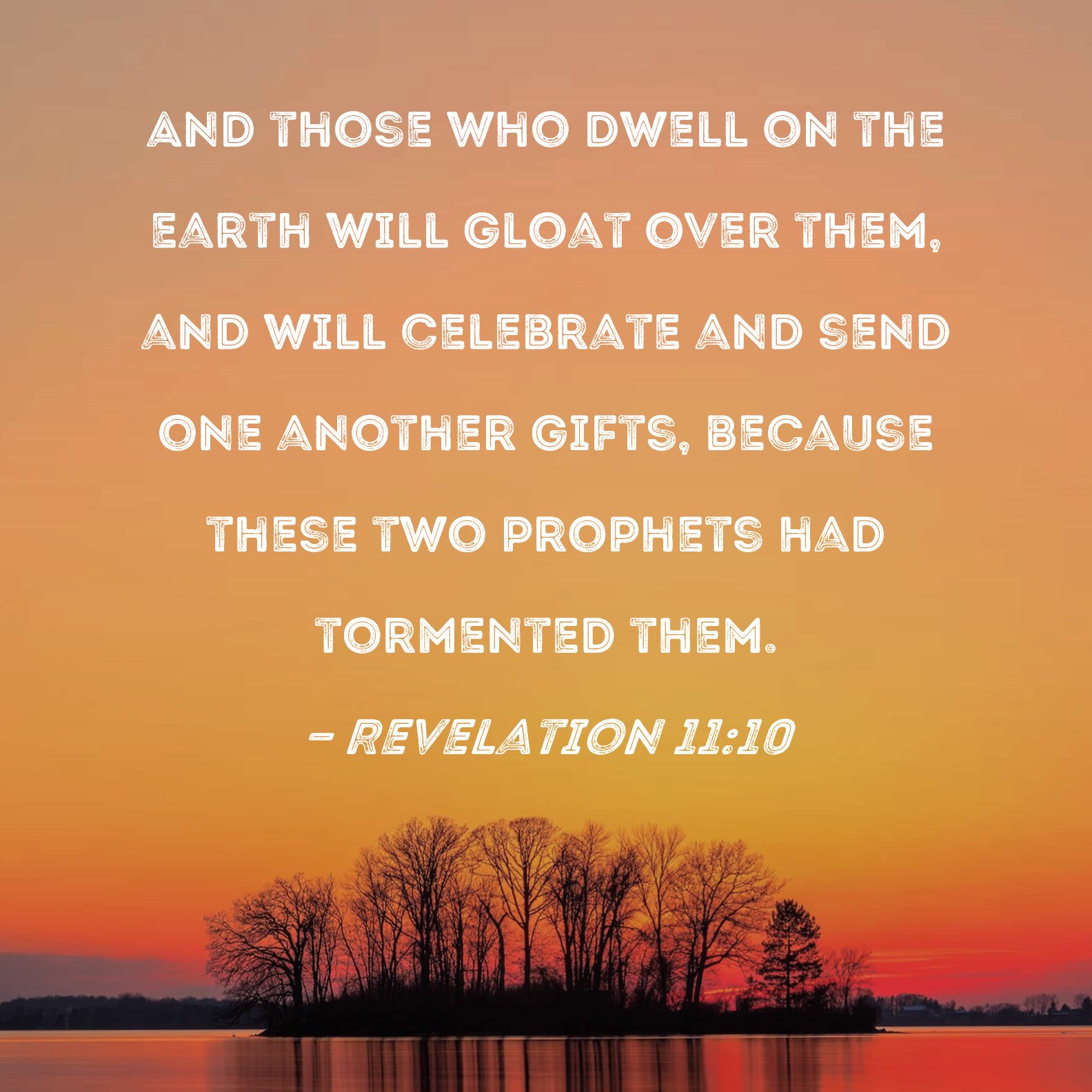Shilohsfoal
Member
There are more than one English translation of scripture.
There is the New international versiom
The new living traslation
English standard version
Berean standard bible
Berean literal Bible
The king James bible
The new king James version
The new American standard bible
NASB 1995
NASB 1997
Amplified bible
Christian standard bible
Holman Christian standard bible
The American standard version
Aramaic Bible in plain english
And at least 12 more I can name.
These are not commentaries so stop accusing me of posting commentaries. They are actual translations.
There is the New international versiom
The new living traslation
English standard version
Berean standard bible
Berean literal Bible
The king James bible
The new king James version
The new American standard bible
NASB 1995
NASB 1997
Amplified bible
Christian standard bible
Holman Christian standard bible
The American standard version
Aramaic Bible in plain english
And at least 12 more I can name.
These are not commentaries so stop accusing me of posting commentaries. They are actual translations.






